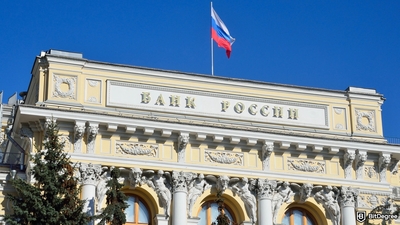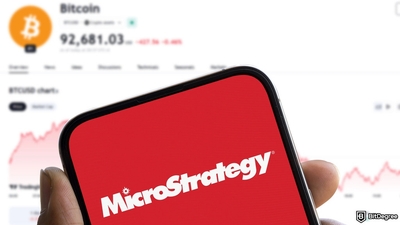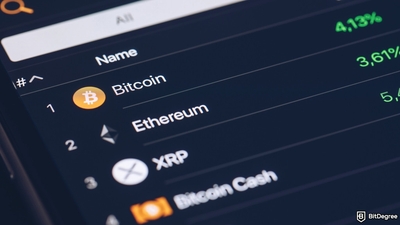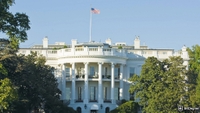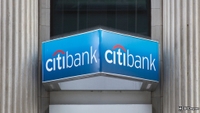Free Airdrop Season 7 is LIVE! Answer fun questions or do simple tasks to earn rewards from the $30K BitDegree prize pool. Participate Now ! 🔥
Crypto.com Receives Payment Institution License (EMI) from Brazilian Authorities
Despite the market turmoil, crypto exchange Crypto.com continues to secure licenses across the world.
Crypto.com, a Singapore-based cryptocurrency exchange established in 2016, has received a Payment Institution License (EMI) from the Banco Central do Brasil (Central Bank of Brazil).
According to the blog post shared on December 15th, the new registration allows the crypto exchange to provide “regulated fiat wallet services for customers in Brazil.”

Did you know?
Subscribe - We publish new crypto explainer videos every week!
How to Avoid Crypto Taxes? (Legal Ways Explained)


Crypto.com CEO Kris Marszalek commented on the new license by stating:
Brazil and the entire LATAM market is a significant region in the pursuit of our vision of cryptocurrency in every wallet. We are incredibly proud to secure the license in Brazil, allowing us to lead as a safe, secure and compliant platform.”
It is worth noting that in November 2021, Crypto.com launched its Visa Card in Brazil, allowing locals to make purchases using fiat or crypto.
On top of that, in the blog post, Marszalek revealed that Crypto.com is looking to continue working with local regulators to expand crypto and blockchain technologies in the country.
Brazil is a crypto-friendly country. At the end of October, Chainalysis shared a report, placing the country in the seventh position in its world ranking. Nevertheless, Chainalysis stated that Brazilians mainly use crypto as an investment.
Crypto.com LATAM (Latin America) General Manager and Head of Legal Marcos Jarne stated:
Latin America is a major driver in crypto adoption and regulators have also been playing a key role to foster . This is an exciting step in our journey in Brazil and LATAM, with much more to come.”
During the past few months, Crypto.com has been relatively active in the crypto ecosystem. The company has recently shared its proof of reserves. On top of that, Crypto.com received licenses or registrations to operate in the United Kingdom, France and South Korea.
Nevertheless, the company has partnered with the city of Busan to help the South Korean city to launch its public-private digital asset exchange.





